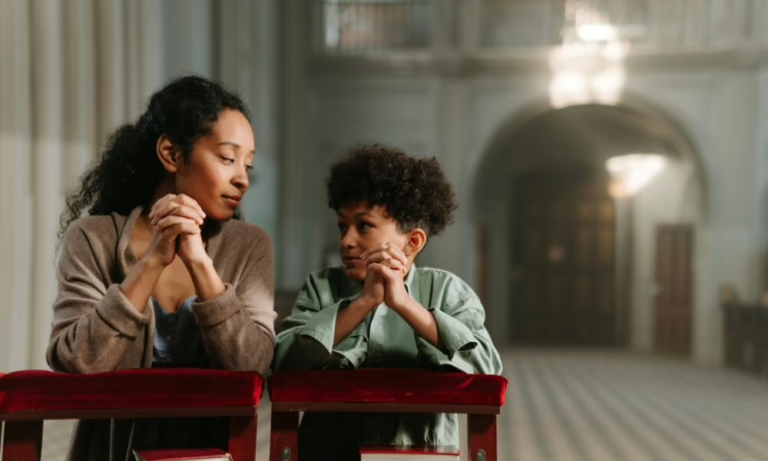For a long time, I questioned the significance of embracing our bodies, dressing with care, and maintaining our appearance. Over time, I understood that these actions extend beyond superficial concerns; they are deeply tied to our sense of self, confidence, and the unique way God fashioned each of us. What struck me even more profoundly was realizing that how I view myself doesn’t just affect me-it shapes the perspectives of those around me, especially my children.
As a parent, I felt a responsibility to be mindful of my self-image because young eyes are always observing. This truth was something I felt deeply in my heart. Yet, despite this awareness, I found myself slipping into old habits.
I started casually voicing dissatisfaction about my weight-not due to health issues, but because I had an arbitrary target in mind. Whenever I exceeded that number by even a small margin, I would mutter things like, “I need to lose a few kilos.” What I didn’t realize was that my daughter was absorbing every word.
One day, after stepping on the scale, she looked up at me and said, “Mommy, do you need to lose weight?”
Her innocent question hit me hard. In that instant, I recognized how closely she had been watching and listening, internalizing my attitudes and language. It was a painful awakening because I never wanted her to endure the same struggles with body image that I had faced. This moment made me reflect on how issues with self-worth are not simply inherited through genetics-they are transmitted through our words, behaviors, and the way we treat ourselves. Children inherit more than just physical traits; they inherit our beliefs.
I took time to sit down with my daughter and explain why I sometimes spoke negatively about my body. I shared my own journey with body image challenges-how it shaped my experiences and how I continue to work on accepting the body God gave me. I stressed that our value is not defined by a number on a scale, and neither is hers. That heartfelt conversation brought healing to both of us. It reminded me that breaking harmful cycles requires deliberate action. Telling children they are beautiful means little if they hear us disparaging ourselves. The language we use about ourselves can become the inner voice they carry forward.
This is the reality: struggles with self-esteem and body image often pass quietly from one generation to the next, unnoticed. Yet, we hold the power to change this narrative by passing down self-love, appreciation for our bodies, and the freedom to live beyond physical appearance. Your journey toward healing is not only for your own benefit but also a gift to your children and future generations.
***
Featured Image by Cotton Bro for Pexels


















0 Comments